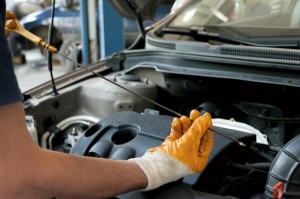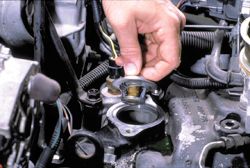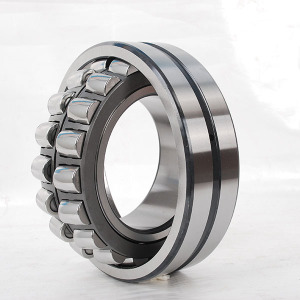 As we all know, the engine is as important to a car as a heart is to a human body. Therefore, it’s important to keep the engine finely tuned so you’ll have trouble free performance, as well as longevity. Still, engine maintenance is one of the most neglected aspects of the overall maintenance of a vehicle. Here are five essential engine maintenance tips that if you follow, you can not only keep up the performance of the engine, but you can also keep your pockets safe from costly engine repair bills.
As we all know, the engine is as important to a car as a heart is to a human body. Therefore, it’s important to keep the engine finely tuned so you’ll have trouble free performance, as well as longevity. Still, engine maintenance is one of the most neglected aspects of the overall maintenance of a vehicle. Here are five essential engine maintenance tips that if you follow, you can not only keep up the performance of the engine, but you can also keep your pockets safe from costly engine repair bills.
- Regular Oil Change: This is the most important and a must follow engine maintenance tip. We should strictly follow the oil change schedule provided by the manufacturer in order to keep the lubrication level at its proper place. The engine oil catches metal particles and dirt, and if not kept at the right levels and changed at the right time, it can negatively affect the life of the engine.
- Avoid Rough Driving: We should avoid driving our vehicles roughly and should practice engine friendly driving habits, like using proper speed-gear combinations and avoid overheating the engine.
- Maintaining Fluid Level: The cooling system maintains the engine temperature and keeps it safe from overheating. Maintaining the proper fluid level in the cooling system is very important and should be checked and refilled on a regular basis.
- Listen to Your Vehicle: Keep a close eye and ear on the performance of every component and as soon as you hear any unusual sound coming from the engine, have it inspected. Even a faulty spark plug or a dirty air filter can prove harmful for an engine. These parts should be repaired or replaced as soon as you suspect a problem in any one of them.
- Regular Service: We should strictly follow the service schedule recommended by the manufacturer. This service includes checking, repairing, cleaning, replacing many of the essential components of the engine. By staying on top of these essential engine maintenance tips, we can improve the performance and increase the life of our vehicle’s engine.

 Question:
Question:
 Wheel alignment is often overlooked by busy car owners until serious tire damage has been done. One wheel can be knocked out of alignment from the others by hitting a curb or a pothole in the road.
Wheel alignment is often overlooked by busy car owners until serious tire damage has been done. One wheel can be knocked out of alignment from the others by hitting a curb or a pothole in the road. The thermostat on your vehicle is an important part of your cooling system. Your thermostat performs a similar function to the thermostat in your home. At home, you set your thermostat to maintain a comfortable temperature range. When your home gets too hot, the air conditioning kicks on and when it gets too cool, then the heater.
The thermostat on your vehicle is an important part of your cooling system. Your thermostat performs a similar function to the thermostat in your home. At home, you set your thermostat to maintain a comfortable temperature range. When your home gets too hot, the air conditioning kicks on and when it gets too cool, then the heater. Question:
Question: With front-wheel drive being so common these days, the differential is also being taken care of during a transmission service at Express Car Care, so most Denver drivers don’t even have to think about it. And most rear-wheel drive differentials don’t need to be serviced for many miles, so it’s understandable why it’s not something on the top of drivers minds. Because of this, it’s not uncommon for people not to know they have a differential, let alone know that it needs service.
With front-wheel drive being so common these days, the differential is also being taken care of during a transmission service at Express Car Care, so most Denver drivers don’t even have to think about it. And most rear-wheel drive differentials don’t need to be serviced for many miles, so it’s understandable why it’s not something on the top of drivers minds. Because of this, it’s not uncommon for people not to know they have a differential, let alone know that it needs service.

